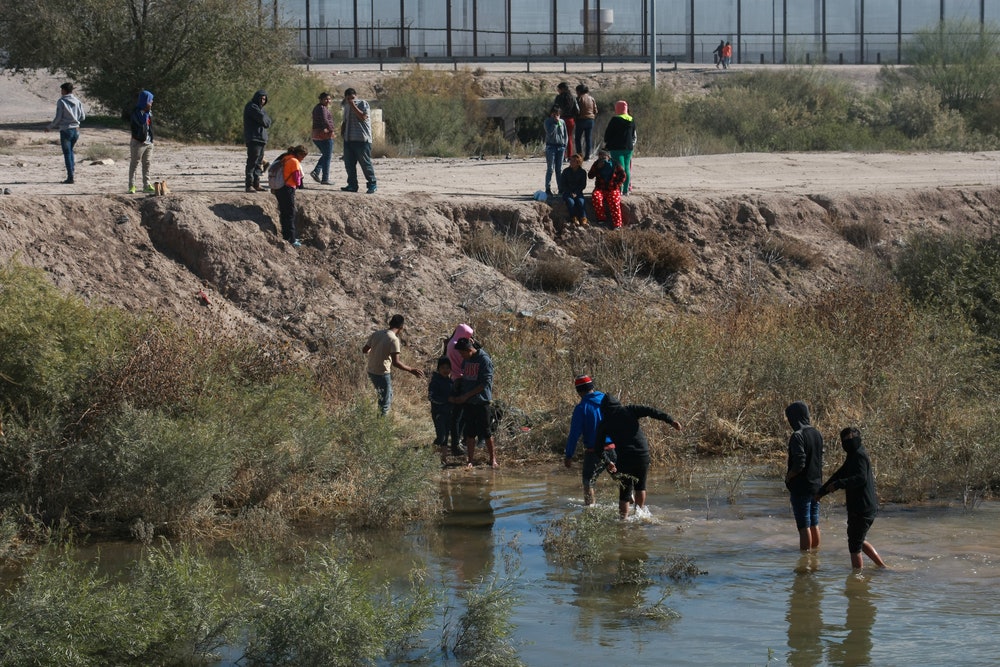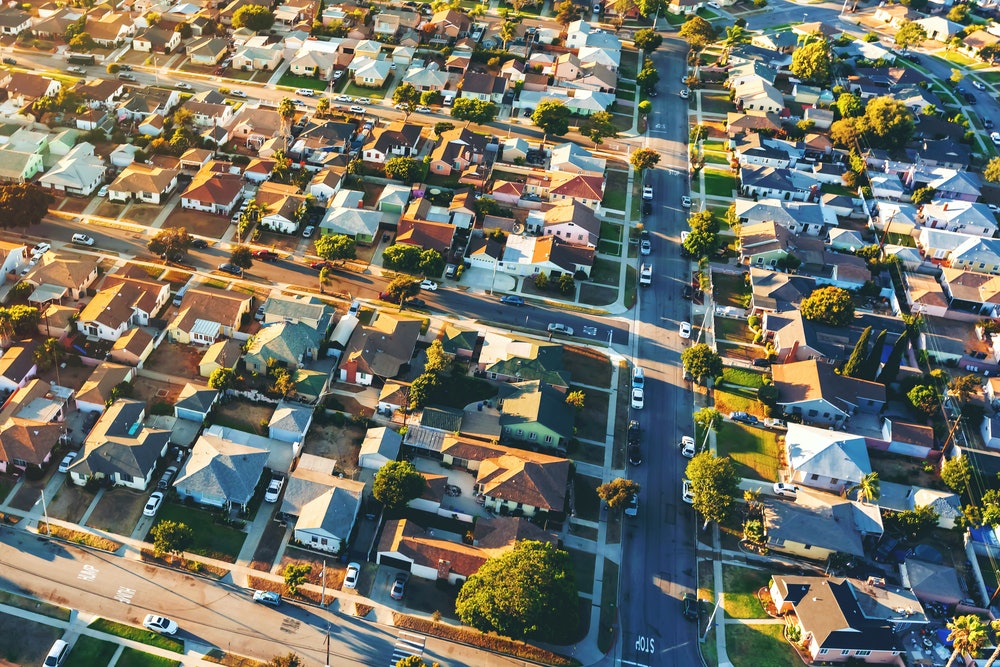I just returned from a fortnight in Turkey with my family on a vacation as pleasant as one can hope for with a colicky infant, a bored 4-year-old,...
I just returned from a fortnight in Turkey with my family on a vacation as pleasant as one can hope for with a colicky infant, a bored 4-year-old, and in-laws who aren’t very fond of me. At this point in the story, the New York Times reporter would offer up an anecdote about a sick kid, a kind and effective doctor, and a plea for the U.S. to embrace nationalized health care so we can have kind and effective doctors too, but I’ll refrain. Being an economist I’ll instead stick to observing the economic climate in Turkey, and submit that it’s hard not to come away impressed with what has been achieved over the last decade, when I first visited the country after marrying my Turkish wife. Turkey’s had a decade of strong economic growth — averaging roughly 7% per annum, coming after a decade of middling growth while the rest of the developed work galloped ahead. Today, it’s impossible to travel the country and not see impressive gains in every direction. Cities are cleaner, roads are better, and parts of Istanbul have been utterly transformed by smart public investment. Istanbul’s not the only place to improve itself: In the former coal town of Zonguldac, along the Black Sea coast, businesses have started to embrace the scenic clime and more hotels, restaurants, and shopping options have popped up as a result. Spending time in Turkey conveys to the careful observer just what growth can buy a country not burdened with entitlement obligations. The country has been a magnet for investment in the last decade, its workforce is well-educated, and it’s an easy flight to most of the capitals of Europe and Asia. A key difference between Turkish and U.S. attitudes is that in Turkey there is no detectable ambivalence at all about economic growth. While the skilled, well-educated workers in Ankara and Istanbul earn more than the blue-collar workers in the hustings, no one is seriously advocating for a greater emphasis on redistribution and a lesser focus on growth, as far as I can discern. Turkey’s economic about-face has done more than just improve standards of living. It has totally changed the country’s standing in the geopolitical world. A decade ago the most damning knock against its bid to join the E.U. was that its standard of living was simply too far from the rest of Europe to make true integration possible: The lower and middle classes would have simply invaded Western Europe in search of well-paying jobs as a result. Today, no one seriously believes that blue-collar Turks are going to leave the booming economy, sunny clime, and home of their family to go work 1,000 miles away in a place where people speak a different language and have much higher taxes, and it’s cold and damp much of the year. In fact, the sentiment towards E.U. accession has been slowly ebbing over the last few years, even preceding the current travails. At this point it’s difficult for the Turks to see what they could possibly gain from becoming inextricably linked with the E.U. and burdened by its regulations, monetary policy run solely for the benefit of the major powers, and a brand that is arguably worthless to Turkish businesses these days. Turkey’s NATO membership already conveys stability and close ties to the western economies, and the country already has a customs link with the E.U. Furthermore, given the troubles of Greece and Italy, it would be sheer lunacy for Turkey to adopt the Euro upon joining the E.U. Turkey still has problems: The middle class is relatively small, poverty’s still endemic compared to the E.U., and the standard of living is still a ways from the lowliest E.U. member. But — unlike in the U.S. — there is no ambivalence about economic growth, no fretting that too much of it goes to the wrong cohorts, or that the masses have become too materialistic. A none-too-moderate Islamic government in the AK party has done a lot of things that have angered most of the citizens paying attention — jailing journalists on transparently bogus conspiracy claims, making liquor more difficult to obtain, parceling out special favors to the militant Islamic caste — but the party remains in place because it got rid of inflation and followed through on its promise to deliver growth to the country. Growth buys a ruling party a great deal of latitude.

























